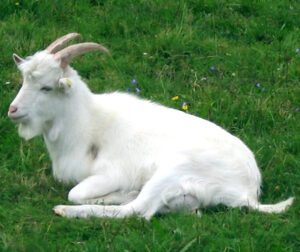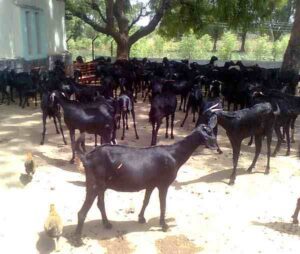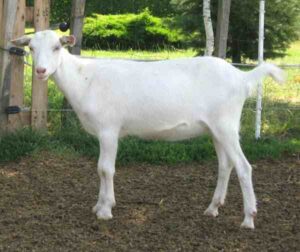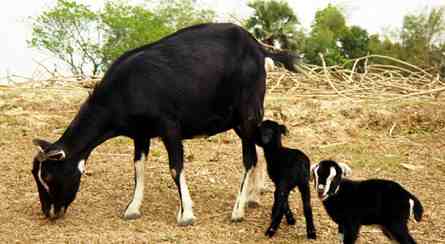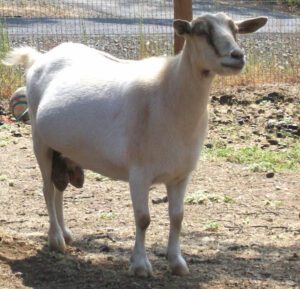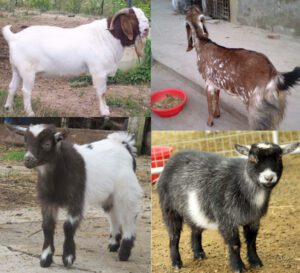Upper respiratory infections in goats is very common, but it can cause serious illness or even death if you left it untreated.
These common infections are very dangerous for the goat kids who have not had the chance to develop their immune systems.
For ensuring good health of your goats, it’s very important to recognize upper respiratory infections in goats and you have to call a veterinarian for treating them.
Symptoms of Upper Respiratory Infections in Goats
Coughing, elevated temperature, loss of appetite, nasal discharge and sneezing are the common symptoms of upper respiratory infections in goats.
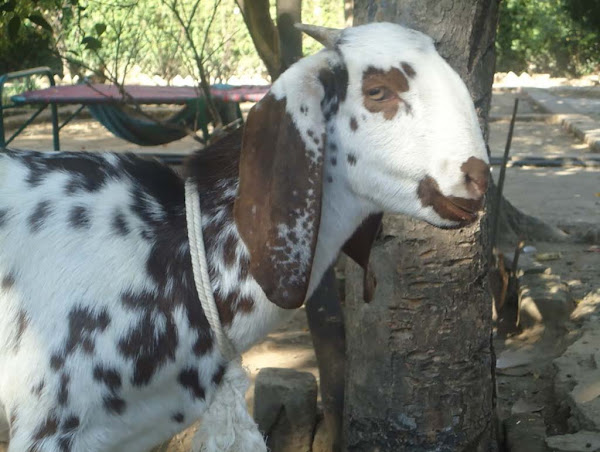
The affected goat’s nasal passages may be blocked and the discharge may affect one or both nostrils. And in some cases, the goat may also have difficulties in breathing.
Nasal Bots
Upper respiratory infections in goats can causes due to nose bots or nasal bots. One type of fly called ‘Oestrus ovis’ lay their eggs outside a goat’s nose. Later they migrate into the nose and up into the sinuses (when the fly larvae hatch).
This can take a few days, weeks or even months to happen. Eventually the larva falls out and pupates in the soil, and it becomes a fly and the entire process starts again.
You can consult with your vet and ask him/her for a good internal parasite dewormer to rid your goats of these bots.
Nasal Tumors
Sinus infections in goats can be caused by nasal tumors. The ENT virus (enzootic nasal tumor) causes tumors in the goat’s nose.
Being noisy, bad breath, deformed face, labored breathing, neurological signs, nasal discharge, sneezing and weight loss are the common symptoms of nasal tumors.
Usually the goats have this virus which are aged between 2 to 4 years (because it spreads between goats). It’s important to isolate the sick goats and euthanize them and market their kids.
Pneumonia
Technically pneumonia is a lower respiratory infection. But sometimes it begins with viruses and bacteria in the upper respiratory system.
Dullness is usually the first symptom of pneumonia, and your goat will appear less active and alert than usual.
Pneumonia can often mimic upper respiratory infections, but in many cases can be worse. Pneumonia also frequently occurs after stress.
For example, dust, high humidity, fluctuating temperatures, overcrowded conditions, shipping animals, unsanitary conditions etc. are such stress that occurs pneumonia frequently.
Coughing, lack of appetite, high fever (104° F to 106° F), clear or whitish nasal discharge, discharge at the eyes and frothing at the mouth and nose are the symptoms of pneumonia in goats.

